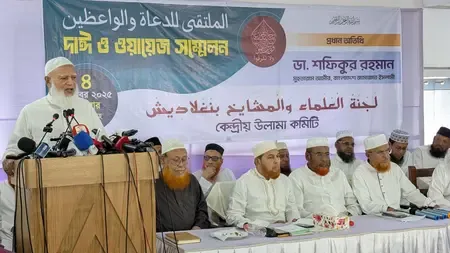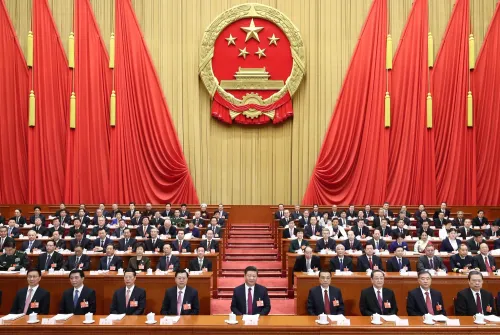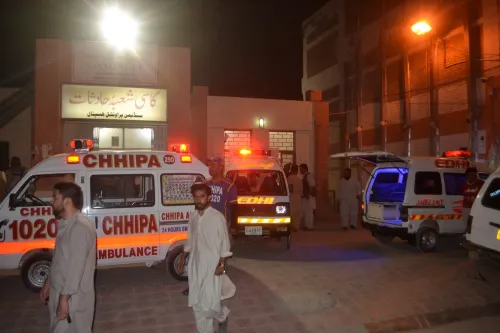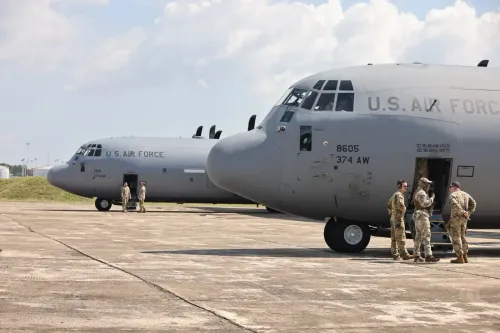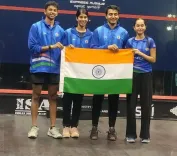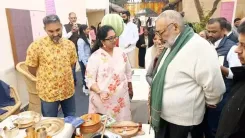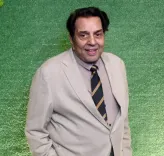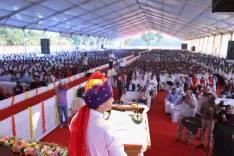Why is South Korea Deploying Nearly 30,000 Police for the Upcoming Presidential Election?
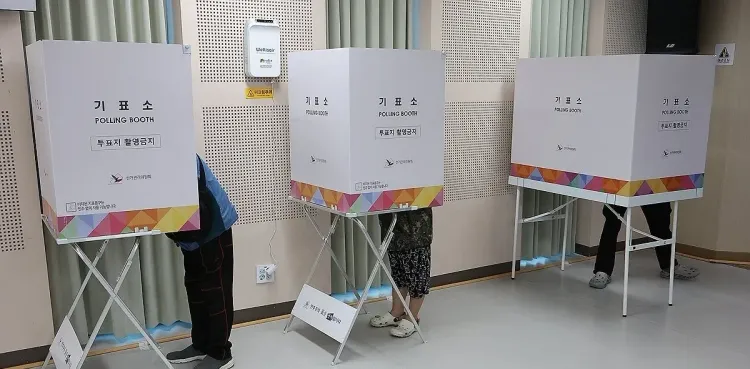
Synopsis
Key Takeaways
- 30,000 police officers will be deployed nationwide.
- Security measures are in place from 6 a.m. Tuesday until the new president is in office.
- This election follows the ousting of Yoon Suk Yeol.
- Military readiness is heightened due to North Korean tensions.
- Candidates are intensifying their campaigns to sway voters.
Seoul, June 2 (NationPress) In a significant move for security, South Korea is set to deploy nearly 30,000 police officers across polling locations nationwide this week, as part of measures for the June 3 presidential election, the government announced on Monday.
A total of 28,590 police personnel will be positioned at 14,295 polling stations on Tuesday, the day voters will select their next leader, according to the National Police Agency.
Authorities have stated that they will implement the highest level of emergency security, which allows for the mobilization of all police resources, starting from 6 a.m. Tuesday until the newly elected president assumes office, as reported by Yonhap news agency.
This election will determine a successor to former President Yoon Suk Yeol, who was removed from office following a brief declaration of martial law in December.
On the eve of the presidential election, the top military officer conducted inspections of Army units, emphasizing the need for a robust posture against North Korean threats.
Joint Chiefs of Staff (JCS) Chairman Adm. Kim Myung-soo made this assertion while visiting units within the Army's 9th Division and the 1st Air Defence Brigade, as noted by the JCS.
During an inspection of a surveillance unit belonging to the 9th Division, Kim highlighted its strategic location near the North and urged for maximum vigilance to thwart potential enemy attacks and deceptions.
He also called for readiness against possible low-altitude air infiltrations involving drones and aircraft during a visit to the 1st Air Defence Brigade.
Kim's inspection followed North Korea's recent provocations, including ballistic and cruise missile tests conducted on May 8 and May 22.
Presidential candidates, on the final day of campaigning, intensified efforts to solidify their support and sway undecided voters.
Lee Jae-myung, representing the liberal Democratic Party, campaigned in his native Andong, located approximately 190 kilometers southeast of Seoul, before engaging with voters across the broader Gyeongsang region.
His strategy appears focused on attracting even a modest number of voters in this area, traditionally a stronghold for conservative candidates, where his party has historically faced challenges.


